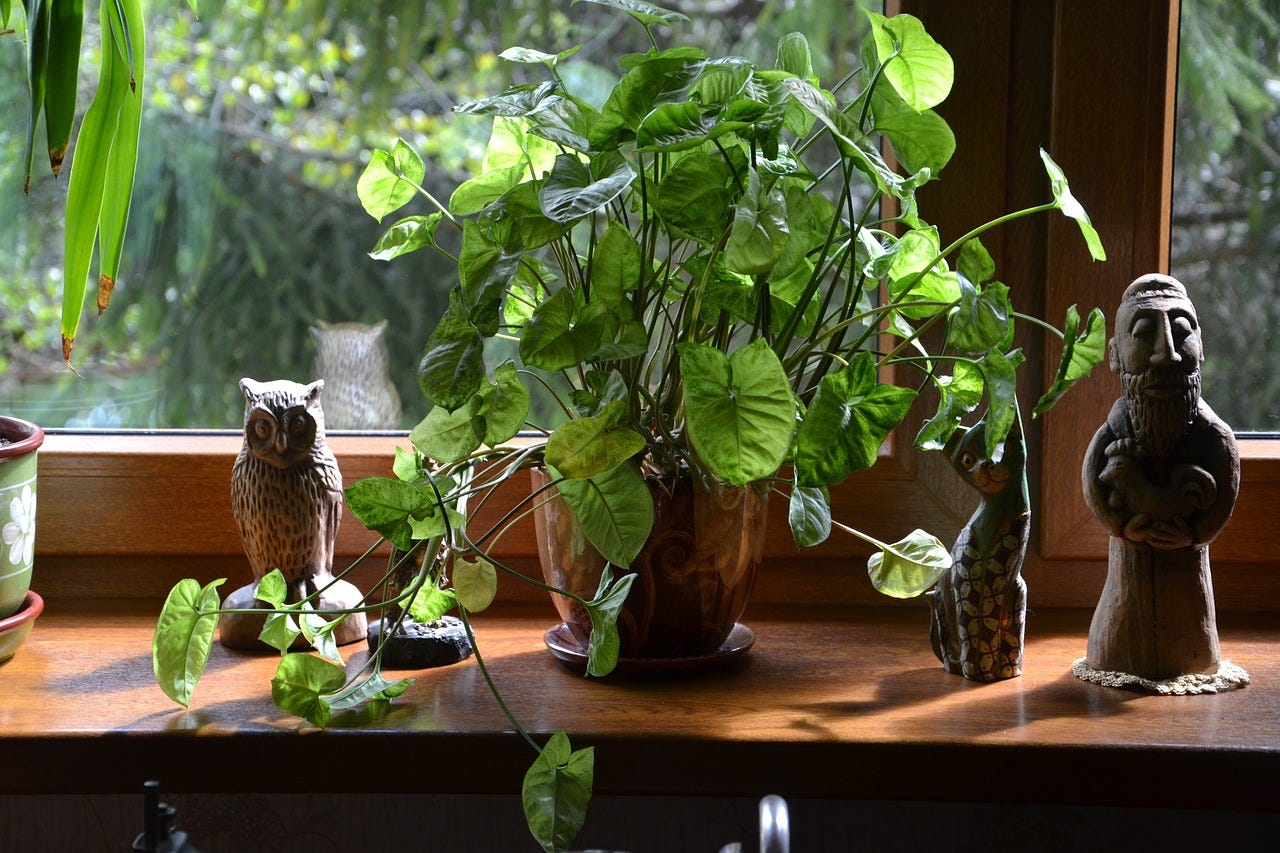What Good Poems Are For }
by Tom Wayman
To sit on a shelf in the cabin across the lake
where the young man and the young woman
have come to live—there are only a few books
in this dwelling, and one of them
is this book of poems.
To be like plants
on a sunlit windowsill
of a city apartment—all the hours of care
that go into them, the tending and …
Keep reading with a 7-day free trial
Subscribe to ALTARed MOMENTS to keep reading this post and get 7 days of free access to the full post archives.




